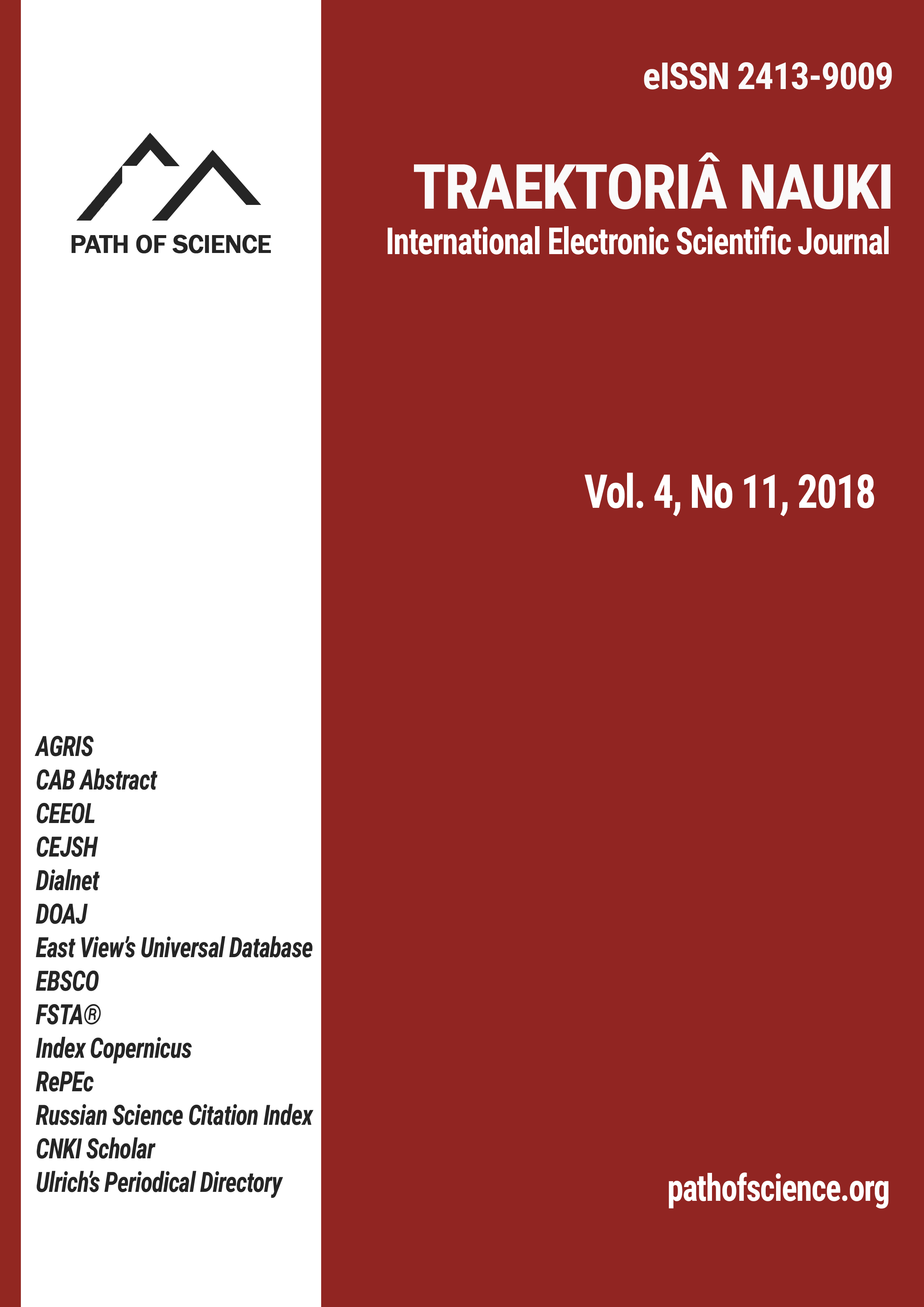Проблема оригинала и копии как средство создания полидискурсивности в романе Михаила Шишкина «Венерин волос»
The Problem of the Original and the Copy as a Means of Creating Polydiscourse in the Novel “Venus’ Hair” by Mikhail Shishkin
Author(s): Veronika MaltsevaSubject(s): Russian Literature, Theory of Literature, Drama
Published by: Altezoro, s. r. o. & Dialog
Keywords: postmodernism; discourse; polydiscursivity; interdiscourse; autoreference;
Summary/Abstract: The article is devoted to the problem of repeatability associated with ideas about the nonlinear flow of time. It has been shown on the material of Mikhail Shishkin’s novel “Venus’s Hair” that modern prose is a space for the imposition of discursive codes, defined by us as polydiscursivity. The purpose of the study is to establish the role of precedent statements in an artistic text. The relevance of the article is explained by the insufficiently developed theory of polydiscourse, as well as the ability to determine the role of this language phenomenon in the formulation of artistic discourse. A polydiscourse statement is constructed as a reference to a wide cultural context and is realized in metadiscourse (in the discourse about the discourse itself), as well as in interdiscourse interaction with pretext, suggesting an appeal to the collective language experience. It is believed that the artistic utterance is organized on the basis of precedent texts: cultural artifacts, autoreference fragments (explication of the instances of the author and reader, self-repetition, reflection on his own statement), appeals to historical facts, etc. A special role in such an art space is played by repetition, the presence of which actualizes the problem of the original and the copy. Polydiscursive inclusions raise the problem of the original and the copy, which finds the original solution in the text of “Venus’s Hair”: any experience perceived as personal becomes an integral part of the individual’s self-consciousness. Any conventional utterance is placed somewhere between the categories of “own” and “alien”: being reflected, acquired, it becomes the “property” of the person, but remains open and accessible to everyone who speaks.
Journal: Traektoriâ Nauki
- Issue Year: 4/2018
- Issue No: 11
- Page Range: 5001-5006
- Page Count: 6
- Language: Russian

